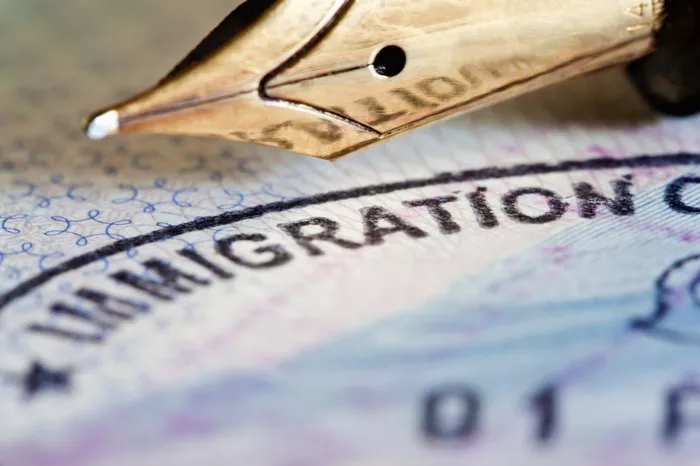Taiwan’s immigration landscape underwent significant changes with the implementation of revised policies, effective March 1, as announced by the government.
Key Highlights:
Foreign nationals now have the option to apply for an extension of their visitor visa at the National Immigration Agency by paying a fee of 300 New Taiwan dollars (approximately US$9.39). This extension is permissible for those initially allowed a stay of 60 days or longer, provided their visa does not explicitly state “no extension will be granted.”
Previously prohibited, extensions of visitor visas are now permitted. However, the extension duration granted cannot surpass the original permitted stay and must not exceed a cumulative stay of more than six months.
Holders of an Alien Resident Certificate can now apply for an extension up to three months before its expiration, a notable increase from the previous one-month window.
Foreign nationals entering Taiwan under a resident visa on or after January 1, 2024, are granted an extended period of 30 calendar days to apply for an Alien Resident Certificate, up from 15 calendar days.
Additional Information:
Taiwanese authorities have also introduced stricter regulations affecting foreign nationals born in mainland China. These individuals are now required to submit additional supporting documents when seeking an alien residence card or alien permanent residence card to verify their lack of household registration in China or possession of a Chinese passport.
Moreover, penalties for overstaying have been heightened, ranging from NT$10,000 to NT$50,000, compared to the previous range of NT$2,000 to NT$10,000. The maximum entry ban due to overstay has also been extended from three to seven years.
BAL Analysis:
The revisions to immigration policies by the Taiwanese government aim to streamline procedures for certain resident and visitor visa holders, facilitating the application process for Alien Resident Certificates and visa extensions. Conversely, the increase in fines for overstaying and the extended maximum entry ban underscore the government’s efforts to deter illegal stays and unauthorized work.
This update has been provided by the BAL Global Practice Group.


